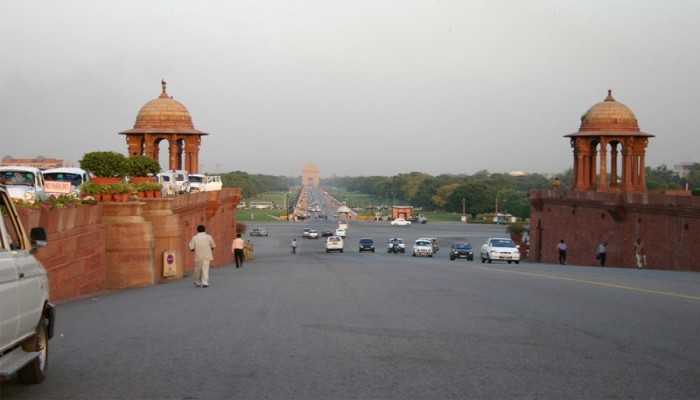In India It’s a Colonial Media, Not a Liberal Media
- In Current Affairs
- 02:31 PM, Apr 13, 2017
- Dr. Bhuvana Narayanmurthy
Twitter has now gotten very mature with Tweeples who express their anger at mainstream Indian English media journalists using choice adjectives, one of them being “Libtards” (a combination of liberals + retards). This is a standard word used to categorize disconnected, biased reporting. Mainstream media has learned to ignore this and go about their business as usual.
To truly understand the rhetoric of mainstream media, which I call South Delhi journalism, one needs to understand the philosophy of liberalism and examine the discourse created by these journalists in India.
The roots of liberalism can be traced back to the Age of Enlightenment[1], particularly, to one influential philosopher called John Locke (1632-1704). Liberalism was a political philosophy proposed as a theory of governance. Locke explained that all people are free and equal as opposed to being subjects of a God-ordained monarch. Therefore, governance should be based on a social contract where the ruler(s) protect the rights of citizens to be free, equal and owners of property. If the ruler(s) did not satisfy this contract then the citizens must have the right to replace him/her/them. This was a break away from tradition, hierarchy and religious authority - the social conditions that had defined much of Medieval Europe.
In present times liberalism is an important part of democracy. From this philosophy arises the concepts of freedom of press, free speech, free markets, freedom of religion, civic rights and liberties, equality of all citizens irrespective of race, creed or gender etc.
Liberalism in American Media
Since the English educated Indian journalists subscribe to British and American models of journalism I’m going to examine one of them - liberalism as practiced by American media. American media practices the liberal principle of equality by supporting diversity. That is, different socio-cultural groups are identified and their concerns are discussed as issues of the day. This is known as support of identity politics. In other words, governmental policies, actions and decisions are examined by discussing what they mean for these different socio-cultural groups.
For example, the recent Health Care Bill. When the Bill was proposed American media went to work on who would benefit the most from that bill. They brought out that wealthy Americans would benefit the most and the working class voters would be left out.
Usually groups identified are a combination of race, gender, socio-economic status and religion. Issues are not debated on any universal principle of right and wrong but in terms of who gets affected and why, so that everyone gets a fair treatment at the hands of the ruling power.
Notably, several of these voting blocs - women, racial and ethnic minorities, homosexuals, transgender community - are groups that have been excluded by the Church, historically (in Europe) and today[2]. To include such marginalized groups is in keeping with the Enlightenment ideals of keeping the Church separate from the State; that is, religious considerations are not allowed to trump human values.
References:
1. Refer to my previous article on myind.net: “Why Does Hindu Leadership Terrify South Delhi News Rooms?”
2. Media identifies other groups as well, like Veterans for e.g., that are not ignored by the Church
3. In an earlier article I explain that the term is used to refer to a mindset that originates from news rooms in South Delhi, Lutyens Delhi and surrounding areas. This mindset is followed by journalists from other regions as well. http://bit.ly/2oSS3RU
4. Several online news publications and forums have this information.







Comments